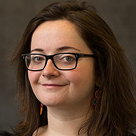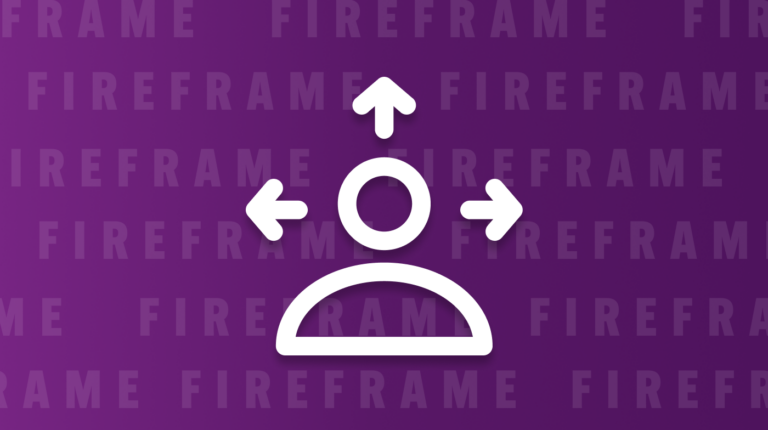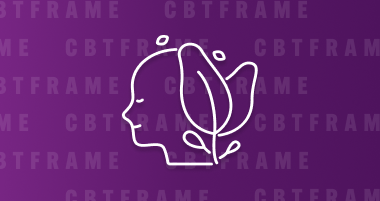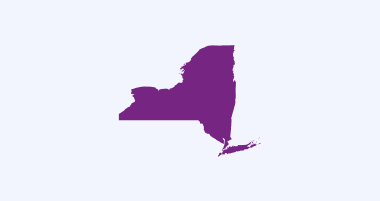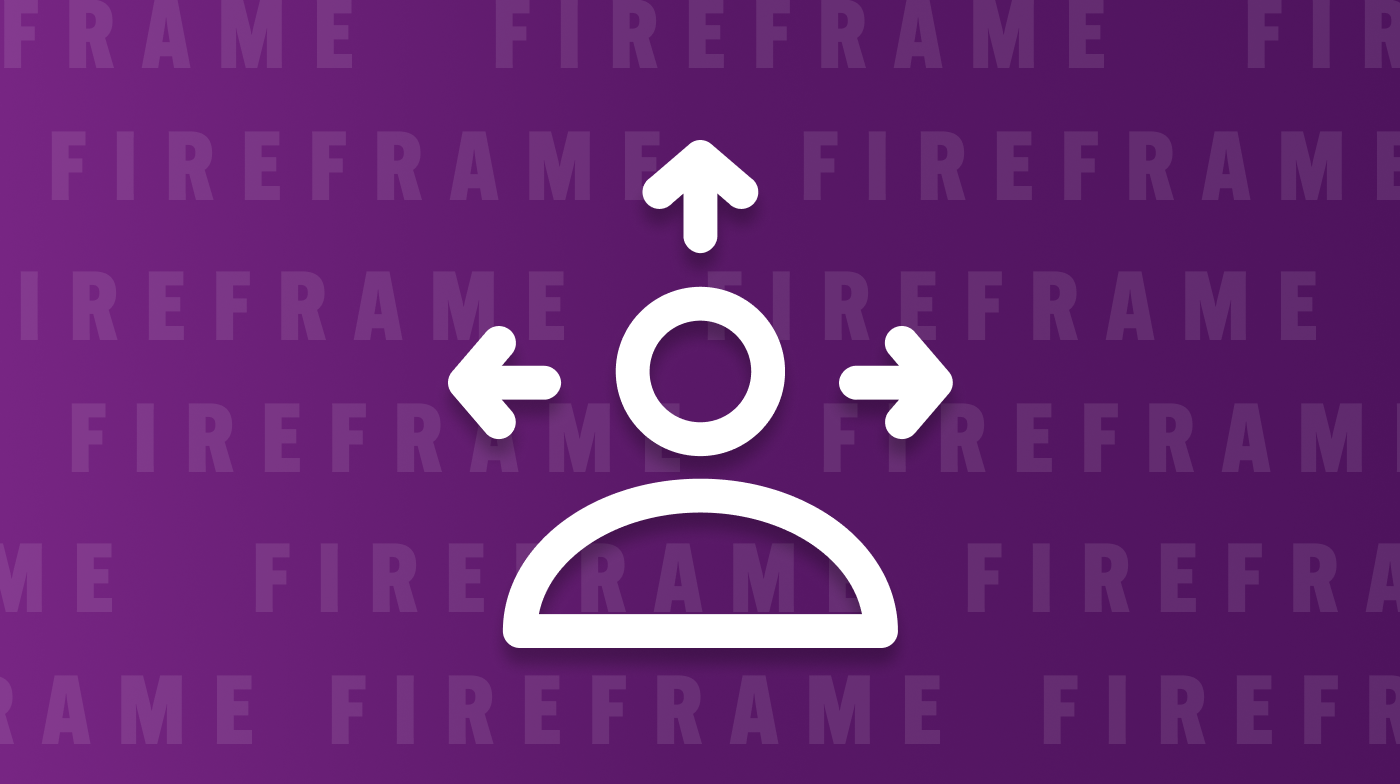
FIREFrame
Live Workshop
FIREFrame Workshop is a live in-person or virtual, interactive training built around the FIREFrame techniques.
FIREFrame: Family Involvement and Recovery Education is designed to support clinicians who serve youth with opioid use problems and their families. FIREFrame demonstrates ways to assess and bolster youth recovery capital and prioritize the involvement of concerned significant others in their treatment and medication decision-making.
Learn more about the different ways we offer this course:

Live Workshop
Bundled pricing varies depending on the number of seats.

Standard Course
Take the training on your own time.

Extended Course
The convenience of self-paced modules with added instructor support.
Course Overview
This 2.75 credit (ASWB/ACE) and 3 credit (NBCC) live experiential workshop was developed course was developed for social workers, family therapists, counselors, and other mental health and substance use professionals. FIREFrame: Family Involvement and Recovery Education In-Person Workshop features technique descriptions, experiential activities such as roleplays, video modeling, and technique practice using case examples. FIREFrame demonstrates ways to assess and bolster youth recovery capital and prioritize the involvement of concerned significant others in their treatment and medication decision-making.
Venue
Partnership to End Addiction
711 Third Ave., 5th Floor, Suite 500, New York, NY 10017
Learning Objectives
After attending this course, participants will be able to:
- Describe the conceptual bases behind the Family Involvement and Recovery Education (FIREFrame) techniques.
- Recognize and differentiate between the FIREFrame techniques.
- Demonstrate the ability to observationally code the FIREFrame techniques on a five-point scale as they occur in mock video sessions.
- Give examples of how a relational orientation can be applied to your work as a treatment provider.
- Express the clinical benefits of involving loved ones in Opioid Use Disorder (OUD).
- List specific treatment techniques for engaging loved ones in OUD treatment.
- Define specific techniques for engaging loved ones in OUD treatment goals and recovery planning.
- Recognize the advantages of working with loved ones in session.
- Apply clinical techniques related to recovery and relationship building skills.
- Demonstrate the ability to frame OUD relationally.
- Describe the benefits of including OUD and MOUD psychoeducation in treatment.
Agenda
Housekeeping
10 minutes
Introductions and Agenda overview
Modules 1 & 2
1 hour 35 minutes
Taking a Relationship-Oriented Approach
- Why focus on youth with OUD
- Why Engage Families: Systems thinking and relational techniques
- Activity:Multidimensional View of the Self
- Activity: Definition of Family
- Module 1: Relational Orientation: Technique Descriptions, Exemplars, and Discussion
- Module 2: Recovery Management Planning: Technique Descriptions, Exemplars, and Discussion
Break
15 minutes
Break
Activity
20 minutes
CSO Outreach Engagement Strategies & OUC Relational Reframe Practice
Module 1
20 minutes
Recovery and Relationships Skills Building Technique Descriptions, Exemplars, and Discussion
Video Vignette
20 minutes
Technique Observation and Discussion
Course Instructor
Completion & Continuing Education (CE) Information
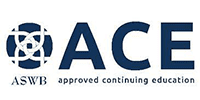
- Partnership to End Addiction,[provider number], is approved as an ACE provider to offer social work continuing education by the Association of Social Work Boards (ASWB) Approved Continuing Education (ACE) program. Regulatory boards are the final authority on courses accepted for continuing education credit. ACE provider approval period: [dates]. Social workers completing this course receive 2.75 continuing education.
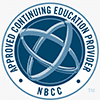
- Partnership to End Addiction ACEP 7655 is recognized by the National Board of Certified Counselors as an approved provider of continuing education for licensed counselors.
- This program is approved for 3 hours of continuing education credits.
Continuing Education Information
- All participants will be expected to participate in workshop activities in order to receive CE credits.
- The course evaluation must be completed for participants to be eligible to receive CE credit.
- Eligible participants will receive CE credit certificates via email within 14 business days. Certificates of completion are distributed by email only.
For any additional information related to subject matter, coding activities, comments, or problem resolution, contact our team at Academy@toendaddiction.org.
Pricing Information
- Full refunds are issued only if a training is canceled by Partnership to End Addiction or at the discretion of Partnership to End Addiction based on written request.
- For partial refund of a Partnership to End Addiction training, registrants must withdraw prior to beginning the course.
We value inclusion and access for all participants and have worked to design the training for a variety of learners. If you need to make a request for accessibility accommodations, please contact Academy@toendaddiction.org.
Course Interactions
This course is in-person.
Participants are expected to interact with the instructor and each other.
Course questions can be directed to: Academy@toendaddiction.org



